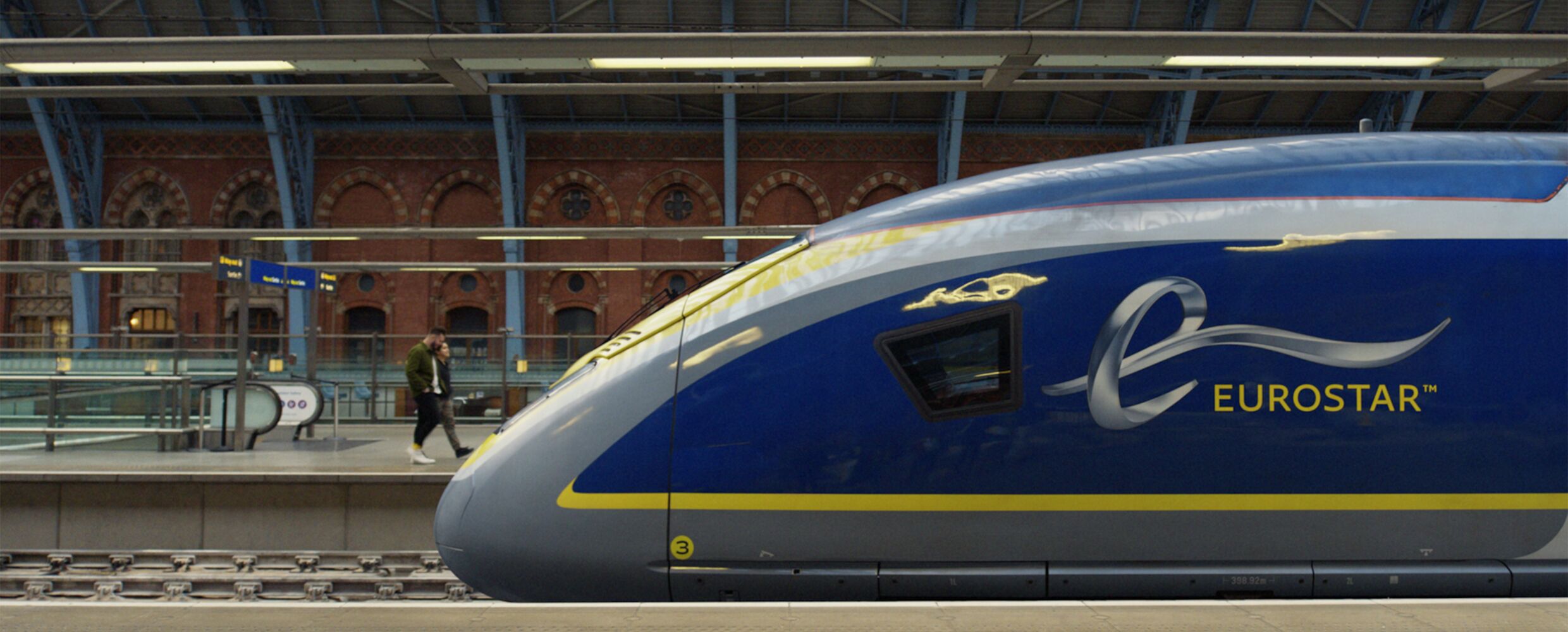Eurostar: too expensive for comfort?
Train Talk: Competition on the Channel Tunnel routes between London and continental Europe is desperately needed

Your support helps us to tell the story
From reproductive rights to climate change to Big Tech, The Independent is on the ground when the story is developing. Whether it's investigating the financials of Elon Musk's pro-Trump PAC or producing our latest documentary, 'The A Word', which shines a light on the American women fighting for reproductive rights, we know how important it is to parse out the facts from the messaging.
At such a critical moment in US history, we need reporters on the ground. Your donation allows us to keep sending journalists to speak to both sides of the story.
The Independent is trusted by Americans across the entire political spectrum. And unlike many other quality news outlets, we choose not to lock Americans out of our reporting and analysis with paywalls. We believe quality journalism should be available to everyone, paid for by those who can afford it.
Your support makes all the difference.What would we do without Eurostar? It provides the traveller between the capitals of the UK, France, Belgium and the Netherlands with a civilised terrestrial link. Surely only a fool with little regard for the planet would fly from London to Paris, Brussels or Amsterdam?
Well, that depends how price-sensitive the traveller turns out to be. Eurostar has a “lead-in” fare of £39 one-way from London St Pancras International to Paris or Brussels. But, says reader Paul Byrne: “Trying to get one of these low-cost tickets is near-impossible. I understand they have dynamic pricing, but why are they so expensive?”
My research shows that some of the cheapest seats are definitely available, booking several weeks ahead, but not on every day and usually only on services at either end of the day. And that is because Eurostar, like any other sensible transport provider, employs dynamic pricing: the dark art of trying to fill every seat at the highest possible fare.
Eurostar has been running trains through the Channel Tunnel since 199 and was hit even harder than the airlines during the height of the coronavirus pandemic. For many months, total or partial leisure travel bans in the countries it serves meant traffic dried up almost completely: Eurostar was running just a couple of trains each day, often with only a handful of passengers.
Today, travellers are returning to Eurostar in large numbers; I dare say a fair few of them are choosing trains over planes to continental Europe because of all the airport chaos. But as it tries to shake off the financial misery that has dogged it for 30 months, the train firm is making some tough decisions that may not endear it to passengers.
All manner of “nice-to-have” features have been cut: Ashford and Ebbsfleet stations in Kent are closed; the Disneyland Paris service is to end next summer (though this is largely due to Brexit-imposed checks); and taking a bicycle is not currently possible. “We’re no longer able to relaunch our bike service as planned this summer,” says Eurostar. “This is due to security and customs issues which are outside of our control. We’re sorry for the inconvenience.”
For the vast majority of passengers, though, Eurostar is back on the agenda. On the core intercity routes, loads are very high: whenever there is a national rail strike in the UK, affecting early and late-in-the-day Eurostar trains, rebooking passengers on the same day appears challenging. The company seems understandably determined to exploit the demand in order to rebuild its finances after the disaster of Covid.
For a sense of how fares are looking compared with before the pandemic: in three weeks’ time I want to travel to Brussels to attend an aviation conference. In 2019, looking a few weeks ahead and being flexible about timing, I would expect to see some one-way fares at around £60 and would hope to find a round trip for £120 return or less.
But going outbound, the cheapest I can find is £104.50. Returning the following day, a £49.50 ticket is available – giving a round trip of £154. British Airways from London Heathrow is £27 cheaper, which really shouldn’t be the case. I then checked Paris fares for the same dates; they were better, at a lowest price of £134.
Eurostar is able to exploit its near-monopoly position and manage capacity to keep fares high and trains full. Competition on the Channel Tunnel routes between London and continental Europe is desperately needed: it would certainly benefit the traveller and, if the airline experience is an indicator, would lead to an increase in the market for everyone.
Meanwhile, tickets at the lead-in price of £39 are available if you are able to tailor your trip around them.
Join our commenting forum
Join thought-provoking conversations, follow other Independent readers and see their replies
Comments